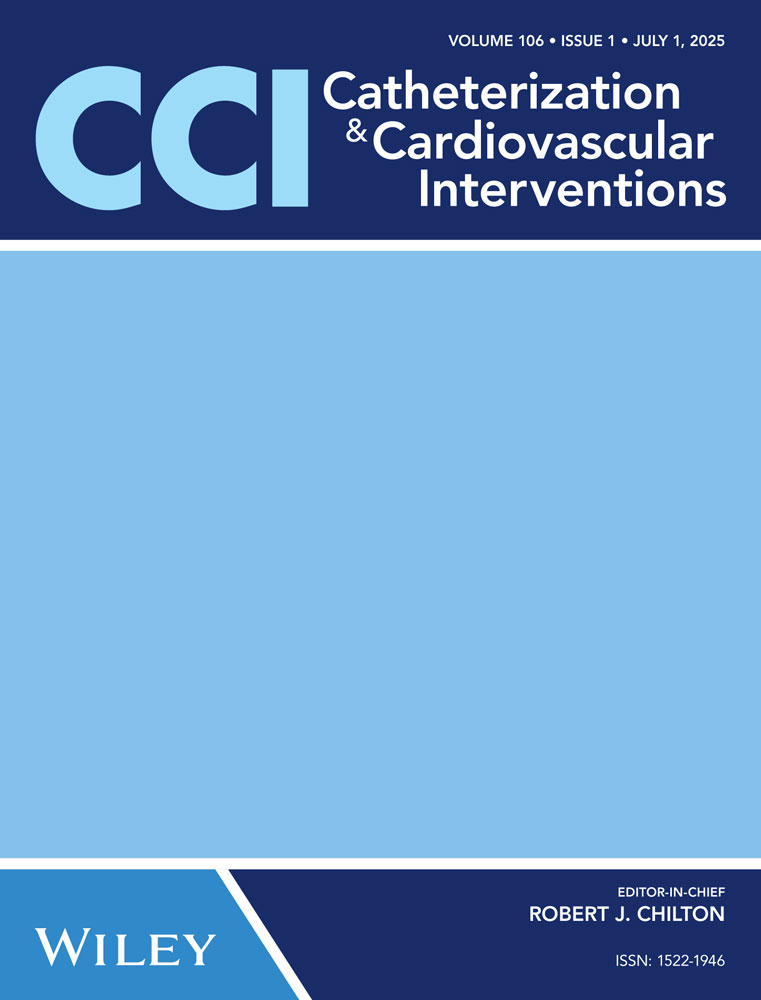Invasive Versus Conservative Strategies in Older Adults With Non-ST Elevation Acute Coronary Syndrome: An Updated Meta-Analysis of Randomized Controlled Trials
Aman Goyal and Aqsa Shoaib are shared first authors and contributed equally to the manuscript.
ABSTRACT
Non-ST-elevation acute coronary syndrome (NSTE-ACS) is a common condition among older adults. However, due to frailty and comorbidities, older adults are often underrepresented in clinical trials, making the decision between an invasive or conservative approach for optimal management controversial. Our meta-analysis seeks to address this issue by focusing exclusively on randomized controlled trials (RCTs). A systematic database literature search was conducted via PubMed, the Cochrane Central Register of Controlled Trials, Embase, and ClinicalTrials.gov to identify RCTs comparing invasive and conservative management strategies in older adults with NSTE-ACS. Data on unplanned revascularization, myocardial infarction (MI), bleeding, all-cause mortality, composite of major adverse outcomes, and stroke were extracted and pooled. Random-effects models to calculate pooled risk ratios (RR) with 95% confidence intervals (CI) were analyzed using the Review Manager software. A total of seven RCTs and a total of 2997 patients were included in the meta-analysis. The invasive approach demonstrated a lower risk of unplanned revascularization (RR: 0.36; 95% CI: 0.23, 0.55; p < 0.00001; I² = 28%) and MI (RR: 0.72; 95% CI: 0.56, 0.94; p = 0.01; I² = 34%). No significant differences were found for major bleeding episodes (RR: 1.40; 95% CI: 0.93, 2.14; p = 0.11), all-cause mortality (RR: 1.01; 95% CI: 0.91, 1.12; p = 0.49), composite of major adverse events (RR: 0.87; 95% CI: 0.73, 1.05; p = 0.14) and risk of stroke (RR: 0.84; 95% CI: 0.59, 1.20; p = 0.34) between the two strategies. Our findings reveal that, in older adults with NSTE-ACS, an invasive strategy reduces the risk of subsequent MI and unplanned revascularization. However, no significant differences in mortality, bleeding, or stroke were observed between the two groups.
Conflicts of Interest
The authors declare no conflicts of interest.
Open Research
Data Availability Statement
The data that support the findings of this study are available from the corresponding author upon reasonable request.




